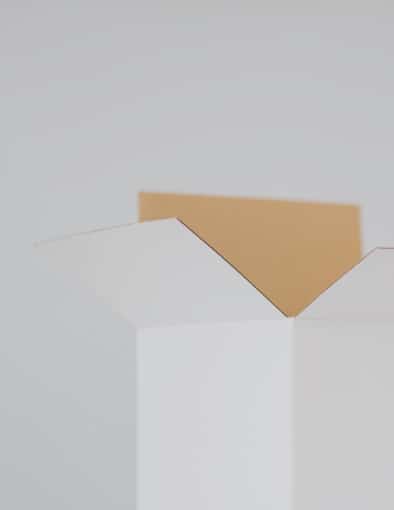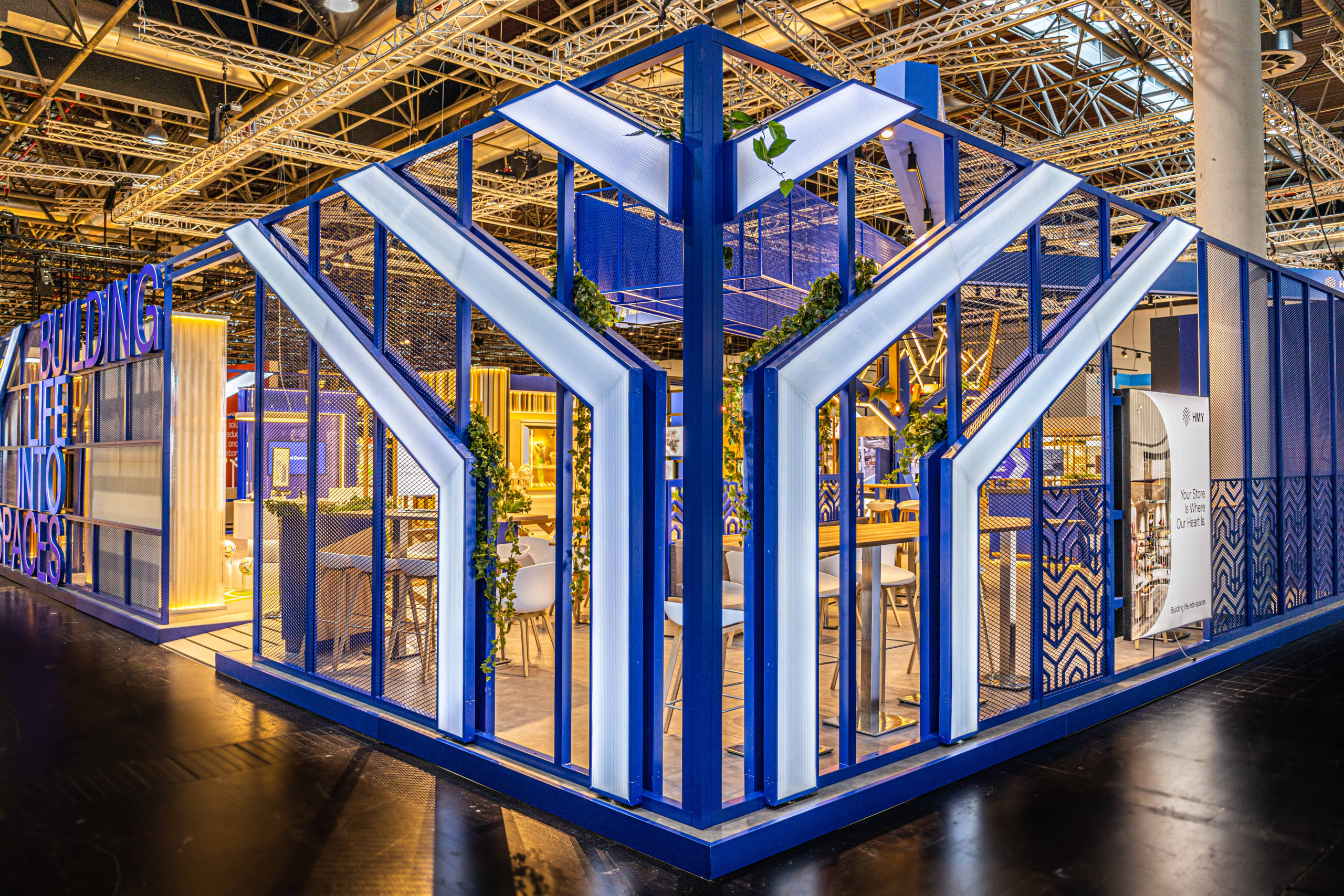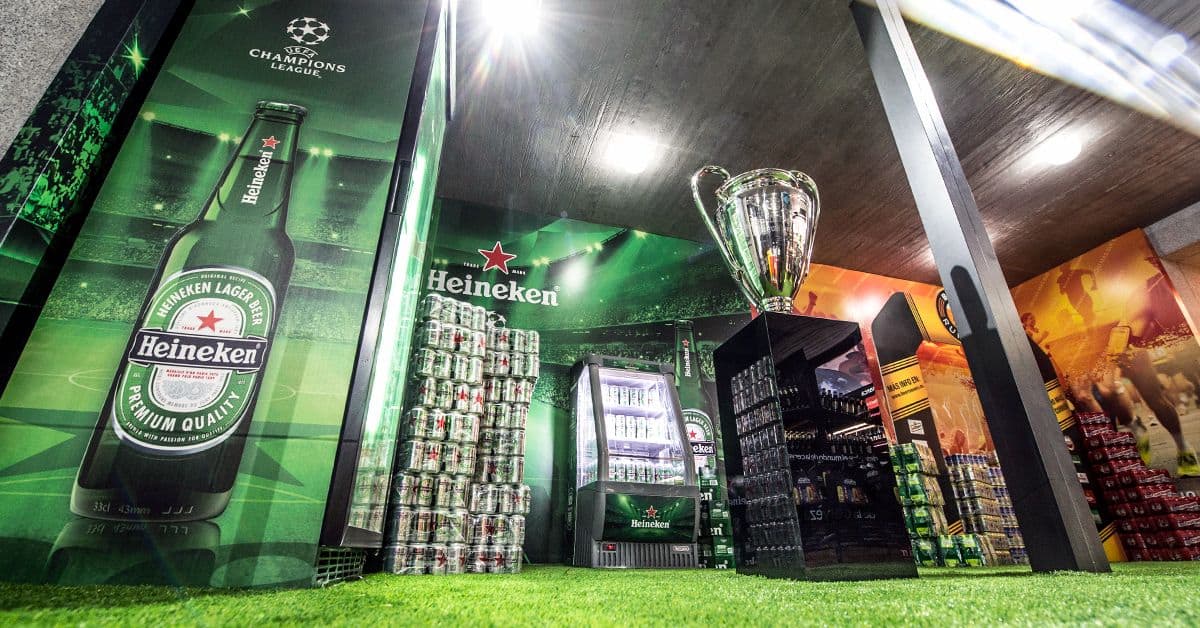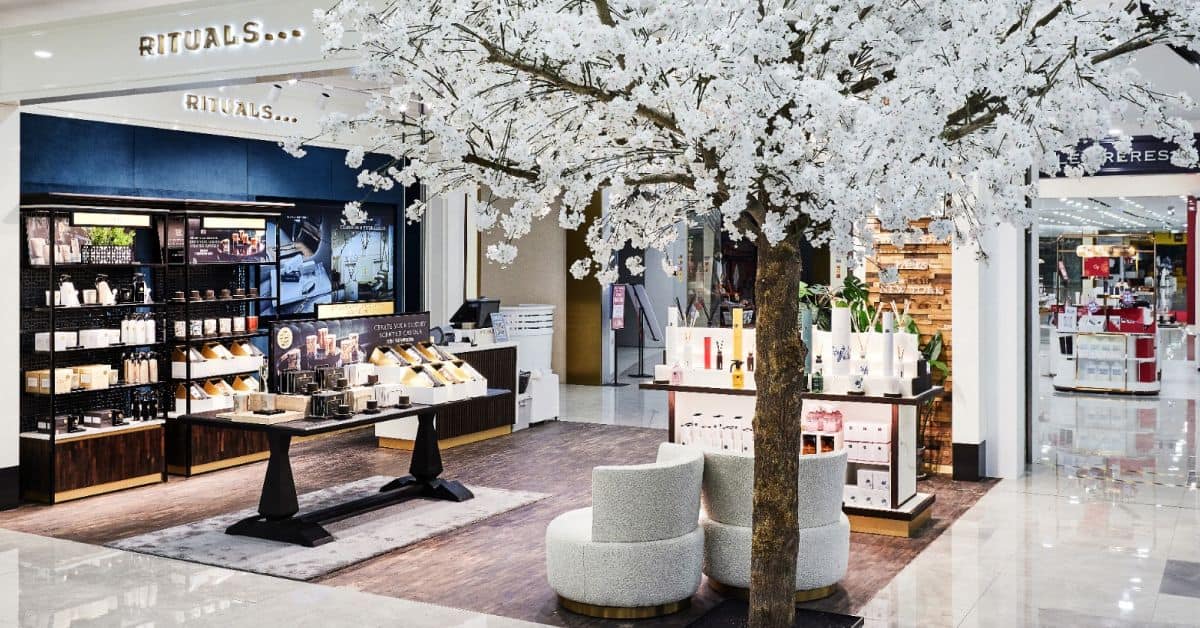Bio products are booming and the trend is expected to increase. Consumers are aspiring to more sustainable consumption and seeking products that are good for their health, environmentally friendly and fair to the producer. Proof of this is the consumption of bio products has more than doubled in Europe in the last decade and according to Baromètre consommation Agence Bio / CSA Research published in January 2018, sales of bio foods are set to triple in the coming years.
One of the countries where this trend is most pronounced is France. Three out of four French people say they consume an organic product at least once a month. They are not only buying bio products, but also changing their habits by fighting food waste and prioritising bulk, local and seasonal products.
Adapting to an eco-responsible consumer
This change in behaviour by consumers implies brands and retailers must adapt, especially if we keep in mind that approximately half of the sales of bio products are made in supermarkets.
Players in the sector have already taken measures in this regard and are taking advantage of this boom. Stores specialising in bio products are being developed, adding environmental standards and proximity to the codes of the large supermarket chains. The latter have launched the offensive in several ways, by associating or acquiring specialists or developing their own brands (Casino and Naturalia, Carrefour and Carrefour bio).
Towards a more sustainable store and purchase model
The increase in the area dedicated to bio products in stores implies changes in terms of design and store concept. Given this scenario, HMY, which shares the same concern regarding sustainability as brands and retailers, is working to provide appropriate solutions, opting for eco-conception and using recyclable and reusable materials such as metal and wood.








































